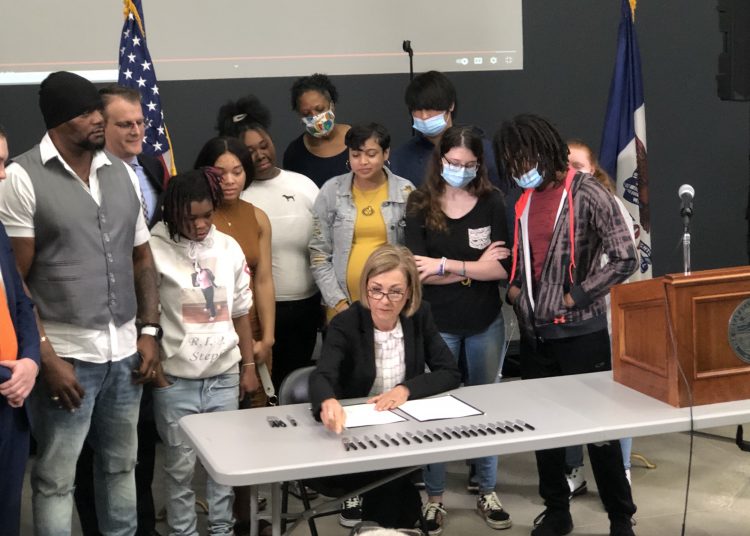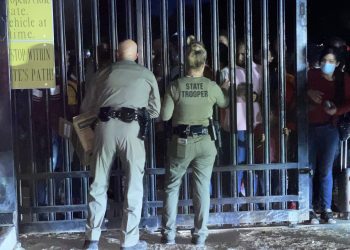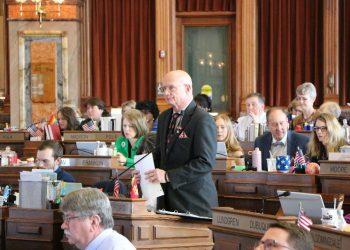DES MOINES, Iowa – The Iowa Department of Education released guidance and applications on Tuesday for charter schools following a charter school expansion law passed during the 2021 legislative session and signed into law by Gov. Kim Reynolds in May.
For groups that want to launch a charter school during the 2022–23 school year, the deadline for applications is February 1, 2022, at 11:59 p.m. Groups who wish to open for the 2023-24 school year or a subsequent year, the application deadline is November 1 of the preceding school year.
Iowa’s original charter school law only allowed schools to obtain charters through the approval and oversight of local school districts, providing another public education option for parents. Charter schools now can only operate within the boundaries of the school district. There are only two authorized charter schools in the state, both high schools, one in Storm Lake and the other in Maynard.
The existing charter schools will continue to operate under the current code, but no new charter school can start under that chapter if the bill becomes law. The new law created a new code chapter with two charter school models – the school board – state board model and the founding group – state board model.
The state board of education can approve charter school requests from founding groups created by local school districts who would operate a charter school within and as part of a school district as a new attendance center, part of an existing attendance center, or by converting an existing attendance center.
The charter school expansion also allows the state board of education to approve charter schools established by independent founding groups that create a charter school within the state’s boundaries that operates as a new attendance center independently from a public school district. The charter school would be overseen by a governing board, either elected or selected, based on the charter school’s contract with the state.
The governing board would be required to have a majority of members from the charter school’s geographical area. Those members not from the geographical area must be residents of Iowa. Governing board meetings would fall under the open meetings law, and the budget would be required to be made public.
The new law requires the Iowa Department of Education to monitor charter schools’ progress and establishes application and approval criteria for the state board of education to implement. Charter school contracts can be granted for five-year terms.
What makes charter schools unique is that they are exempt from all state statutes and rules and any local ordinance, regulation, or policy applicable to non-charter schools except for health and safety regulations and laws, nondiscrimination laws, they must be non-sectarian and non-religious, tuition-free, provide special education services, audit requirements, and transportation requirements.
Charter schools must also follow assessment and academic standards requirements under Iowa Code unless the state board of education provides a waiver in their application process. Charter schools under this bill must hire licensed teachers with the appropriate endorsements in the subjects they will teach.
The state board of education can also revoke a charter if it fails to meet its contractual obligations, and the state board of education can deny a renewal request.
Each student enrolled in a charter school established under the bill is counted in the student’s district of residence for state school foundation purposes. Those districts are then responsible for paying the charter school an amount equal to the state cost per pupil during the previous school year, and the teacher leadership supplement state cost per pupil. Additional funds are required if a student is a non-English speaker or is eligible for a postsecondary enrollment options program. One exception would be the first year that a former homeschool or private school student attends a charter school. In those cases, the state would pay.
















